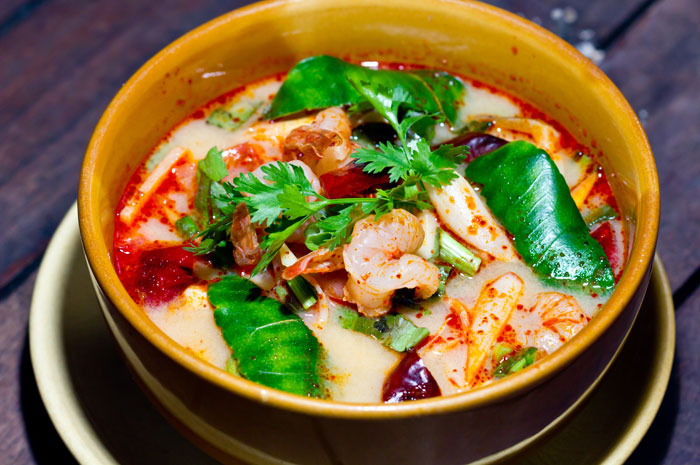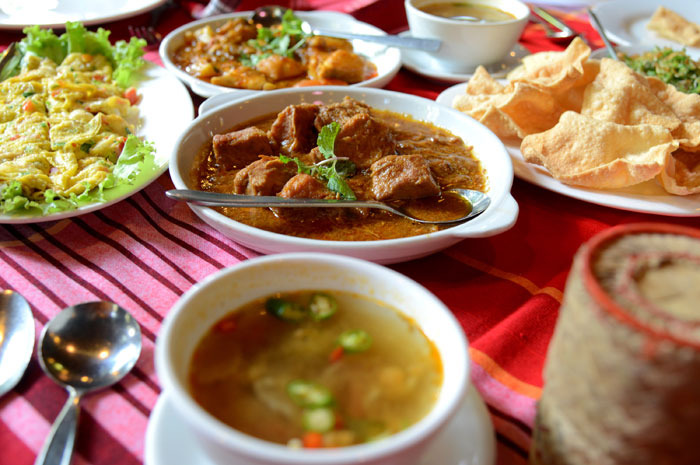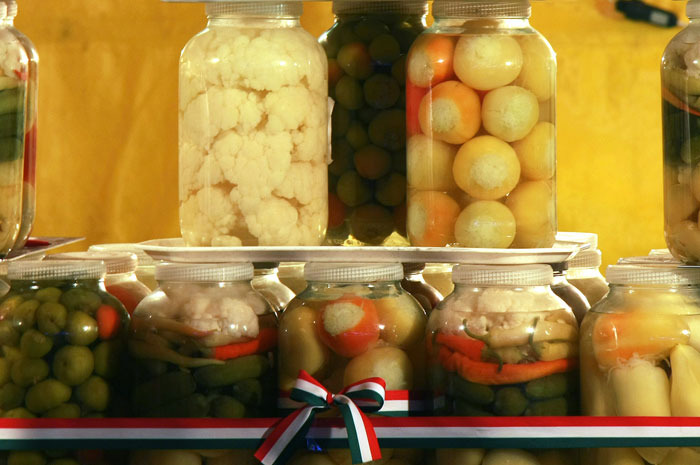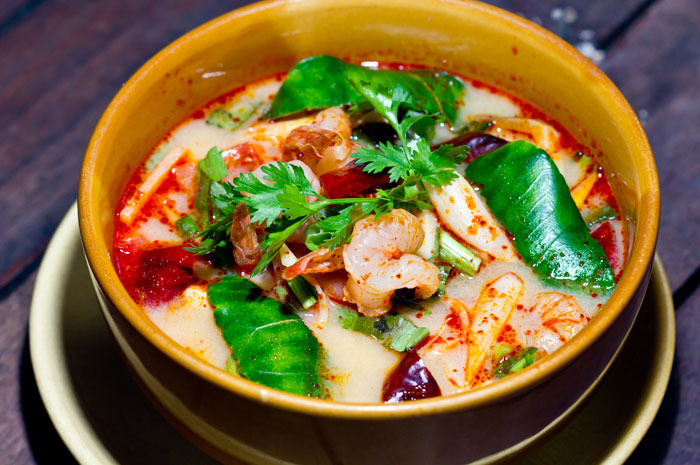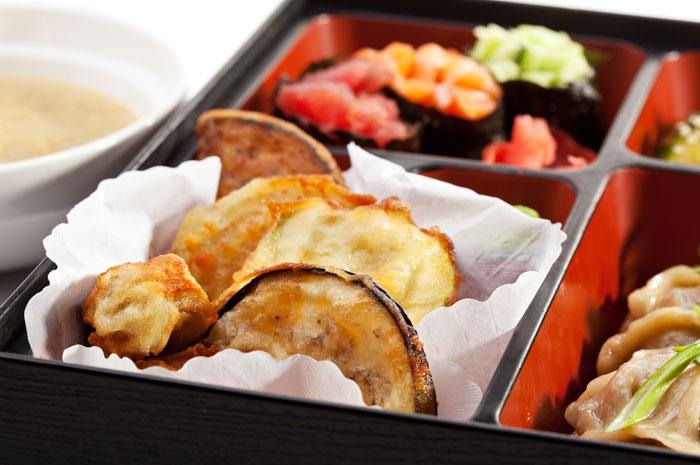9 Diet Tips From Around The World Slideshow
As healthy foods of a particular region or country become popular all over the globe, so do the culinary customs of the people who eat them. We can only hope so, at least. There is a plethora of easy dietary habits we can adopt from people in different countries that will help us feel healthier and, ultimately, happier. Here are nine diet tips from around the world.
Add Turmeric to Food (India)
In India, not only is turmeric used as a face mask to enliven skin, but it is often a key ingredient in curries and other Indian foods, including tea or milk. According to fitness coach Ingrid Macher, turmeric increases the flow of bile in the stomach, which helps to break down fat. It naturally detoxifies the liver and helps control sugar levels.
Be Active Regularly (Finland, Norway, the Netherlands)
While going to the gym is highly recommended, it is equally important to be regularly active. In other words, exercise does not need to be an event in your day; it can fit seamlessly in to your schedule without you even realizing it. In the Netherlands, that seamless weight-loss activity is biking. Even leisurely bike rides to and from dinner can help burn off some of what you eat. In Norway and Finland, outdoor activities are de rigueur, especially on Sundays, when families are more likely to go on walks and hikes as opposed to spending the day in front of the television.
Cook or Eat Food at Home (Poland)
In Poland, only 5 percent of the typical family's budget is spent on eating out at restaurants. Not only are you physically moving around when you cook, but you are also aware of everything that is going into your meal — you won't find any of the fattening tips and tricks restaurants use to amplify the taste of their dishes. On that note, we are positive that our cook and best recipes channels can help you lose weight (and save money!).
Eat Meat as a Side Dish (Burma)
We are so used to meat stealing the show in our meals, even though all it takes is a little meat to get you full. In Burma, as well as other countries that are less prosperous than the United States, meat is served in smaller portions for economic reasons, but the health and weight loss benefits are plenty. If the meat tastes good enough, all you need is a little. According to Michael Pollan, a healthy diet can be summed up in seven words: "Eat food, not too much, mostly plants."
Eat Pickles (Hungary)
In Hungary, pickled foods, be they cucumbers, bell peppers, or tomatoes, are used to aid in weight loss because the acetic acid in vinegar helps reduce blood pressure, blood sugar levels, and fat formation. So if you love pickles and want to lose weight, it's no big dill.
Eat Spicy Food (Thailand)
Spicy food speeds up your metabolism, but it's not exactly science that makes spicy food an effective weight loss tool; it's common sense. Spicy food forces you to eat slower, so you'll realize you are full before you've gobbled down your entire day's worth of calories.
Put Each Food in a Separate Dish (Japan)
"The magic of Japanese-style eating is a healthier balance of filling, delicious, lower-calorie foods, presented with beautiful portion control in pretty little dishes and plates," says Naomi Moriyama, co-author of Japanese Women Don't Get Old or Fat. The idea is that when food is well presented, you want to take more time to savor it. Portion control always looks more appetizing in Japanese cuisine.
Sleep or Nap (Greece)
Insufficient sleep is a recipe for many health problems, and one of them is weight gain. When you're sleepy and tired, you have more of an appetite (and less resolve to think proactively about what you're putting in your body) as the result of an increase in the hormone called ghrelin. Studies show that people eat about 300 calories more per day when they are sleep-deprived than they do when they are well rested. The Greeks firmly believe in taking naps during an afternoon siesta, when businesses close after lunch time until about 5 p.m. That paired with a Mediterranean diet makes for a perfect weight-loss regime.
Take Your Time and Eat Slowly (France)
Spending time enjoying your meal and the company around you is as good for your body as it is for your mind. Your body takes about 20 minutes to realize it is full, and you don't want to eat an entire meal in less than that time — unless you want to find yourself in a state of fatigue not long after. As opposed to eating in front of the television or on the train, sitting at a table and putting aside the time for the sole purpose of eating makes you appreciate every bite, so you don't feel like you desperately need another.
